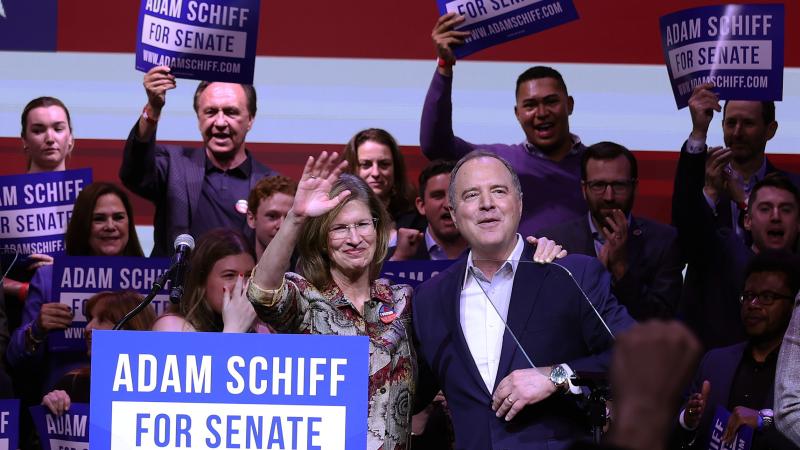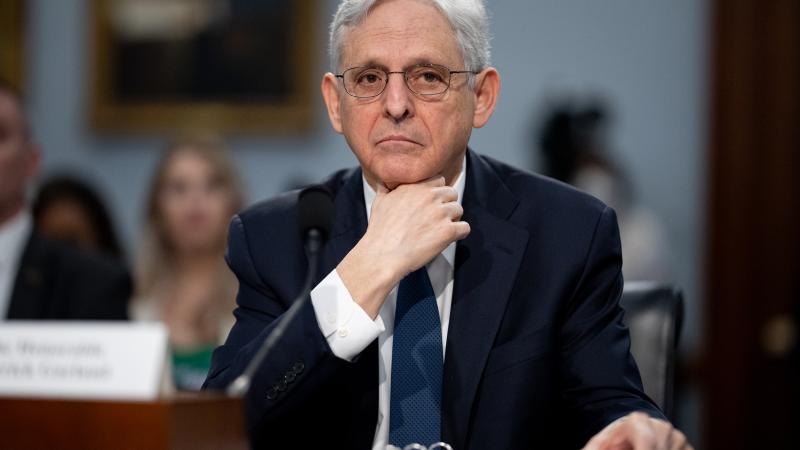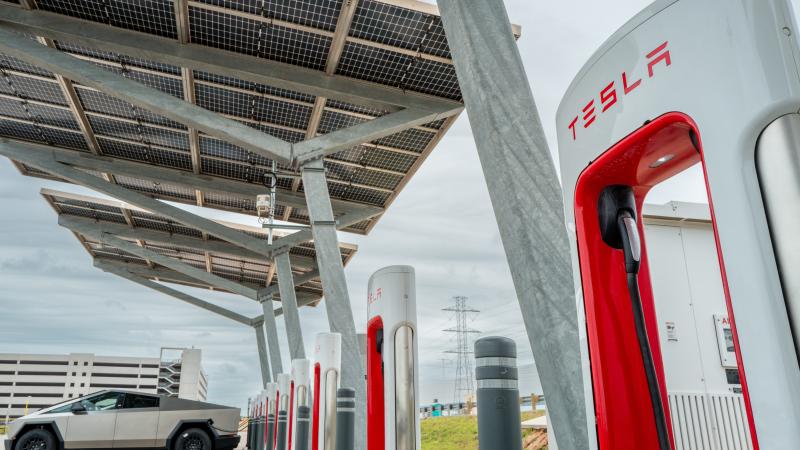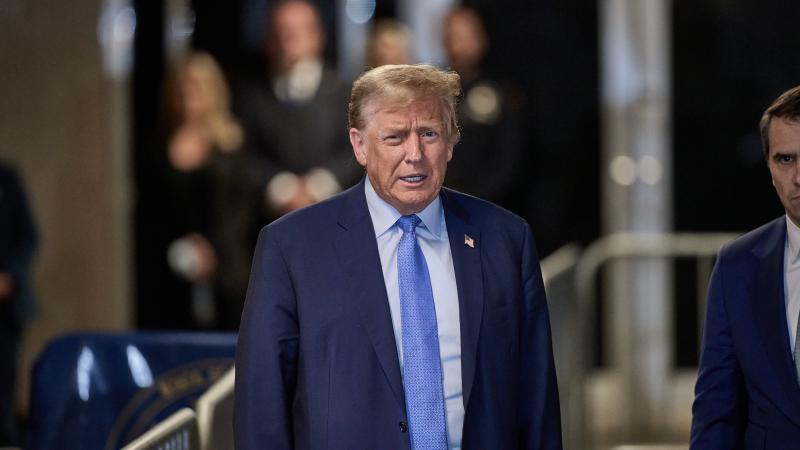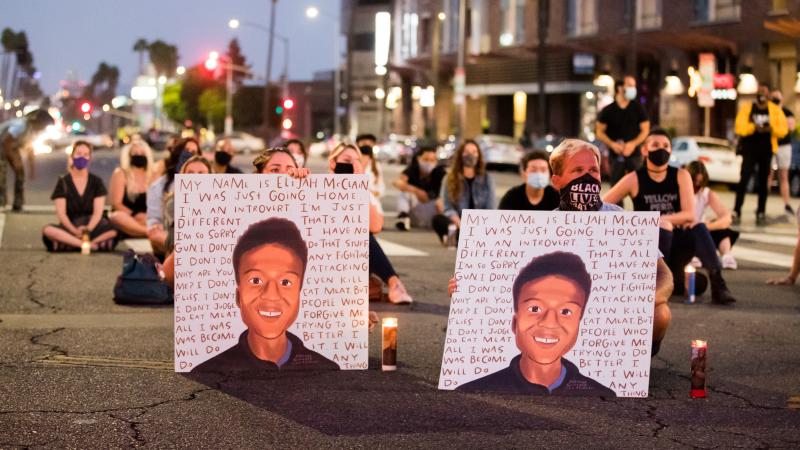Next spending bill includes more beds for immigration detention centers but lacks policy changes
'We need policy, and there is no policy and this is strictly based upon dollars and cents," says Brandon Judd, president of the Border Patrol Union.
The current spending bill that Congress is working on to avoid a government shutdown this weekend includes some wins for House Republicans, such as more beds at Immigration and Customs Enforcement detention centers, but it lacks significant changes to President Biden's immigration policies that Republicans argue have fueled the border crisis.
The number of detention beds will increase to 42,000 from about 34,000, Just the News has learned, and funding will be provided for the hiring of additional border agents, bringing the total to about 22,000.
There will also be a 25% increase in spending for border-related technological advancements and a 20% reduction in funding for non-governmental organizations, Johnson's office confirmed. In addition, there is a 6% reduction in foreign aid spending through the rest of fiscal year 2024.
The full legislative language of the compromise as well as the overall spending package haven't been released publicly yet.
Brandon Judd, president of the Border Patrol Union, has said Tuesday that more money for U.S. Customs and Border Protection as an agency isn't going to solve the migrant crisis at the southern border.
"There's no policy and that's the problem. Again, I don't care about money. We don't need money. We don't need infrastructure, technology, resources. We need policy, and there is no policy and this is strictly based upon dollars and cents. And when we do that, then the taxpayer is the one who suffers because they're throwing money into a black hole," he said on Tuesday during the "Just the News, No Noise" TV program. "That's not going to stop any of this problem."
Johnson told reporters on Wednesday that the spending negotiations were "very tough," given that Democrats control the Senate and White House.
"That last piece, the Homeland [Security] piece was the most difficult to negotiate because the two parties have a wide chasm between them, as you know, but I think the final product is something that we were able to achieve a lot of key provisions in and wins in a move in the direction that we want, even with our tiny historically small majority. There was some very tough negotiation."


